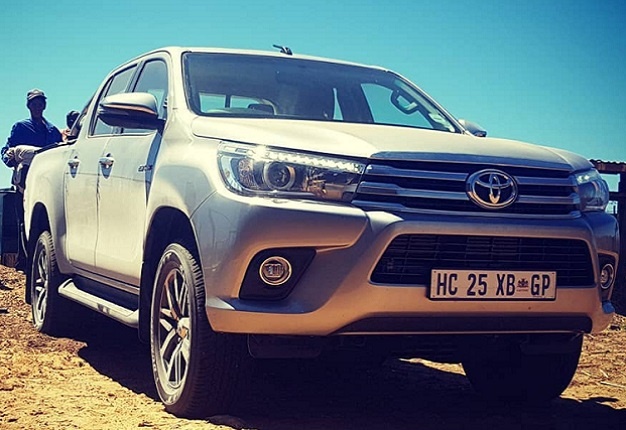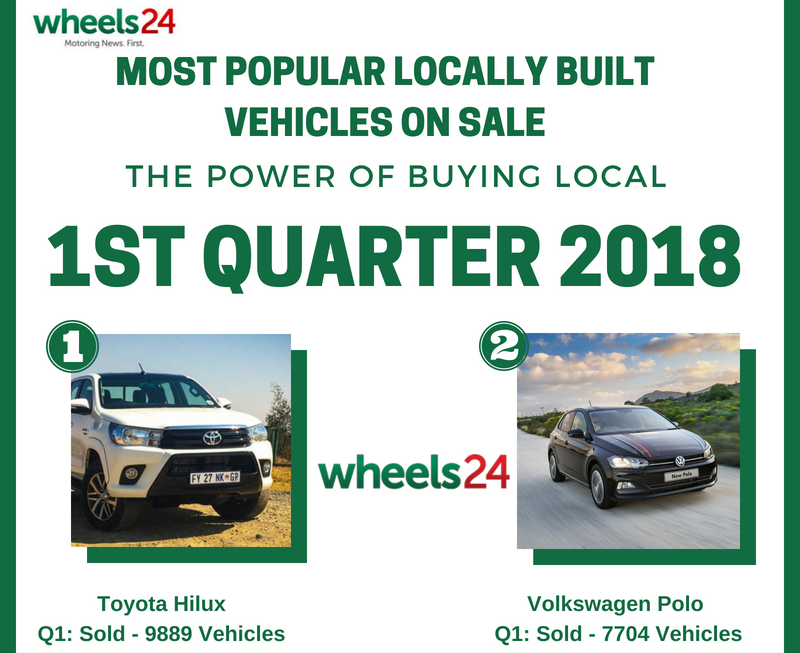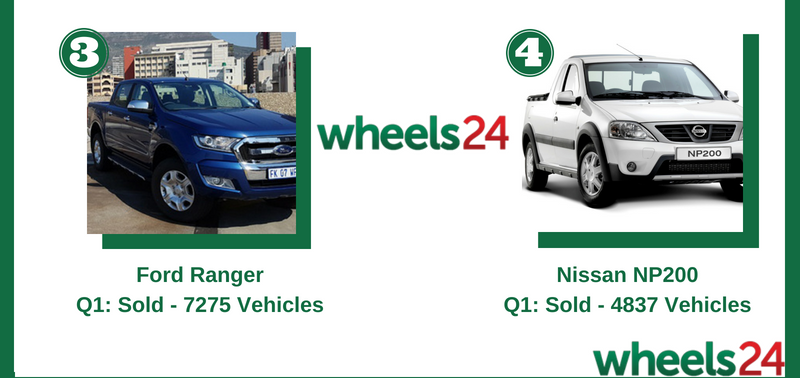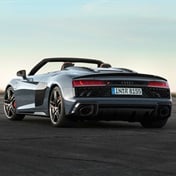
Buying local is good for everyone. You are supporting indigenous manufacturing and employment whilst also avoiding any engagement with an elaborate import supply chain, which adds transport and shipping pollution to product delivery.
In South Africa we are lucky. If you are a new car buyer, there are many locally built models to choose from as a total of seven mainstream car brands produce vehicles locally.
Of these South African built vehicles, which is the most popular?
It’s an inarguable fact that South Africa’s local vehicle consumption is dominated by bakkies and compact hatchbacks. These are the two vehicle classes which represent most of the transactional activity and as such, it’s unsurprising that the most successful locally built vehicles, judged in terms of their sales volumes, are bakkies and B-segment hatchbacks.
If there is one sector of the motoring economy which is impervious to instability, it’s the bakkie market. Heavy industry, agriculture, mining, civil engineering and short haul logistics all require bakkies to make their businesses work and beyond the honest single-cabs which mostly service this market, there is the rampant popularity of double-cab bakkies in the leisure/family vehicle role for many urbanised South Africans too.
Toyota dominates the local motoring landscape, accounting for nearly a quarter of all vehicles sold. And of all those Toyotas we buy, it’s no surprise that the brand’s benchmark bakkie is its most successful product.
Selling 9889 units in the first quarter of this year, Toyota’s Hilux is the most popular of all locally built vehicles on sale in South Africa. The enormous range appeals to many customer needs and price points, with steel-wheel single-cabs and leather-seat equipped double-cabs providing a huge diversity of choice.
Trailing Toyota is VW and its proudly South African offering is obviously not a bakkie. VW claims both second and fourth most popular locally built vehicles placings, with its Vivo and Polo models.
For the first three months of 2018 VW retailed 7642 Vivos through its dealers, after the cars had been assembled at its Uitenhage facility. The notably more modern Polo didn’t trail its affordable sibling by too much either, with 5995 sales classifying it fourth overall.
In third place, between the generations of Polo, is Ford’s Ranger bakkie. The Toyota Hilux’s most credible rival in terms of outright sales momentum, 6775 Rangers were delivered to new owners in South Africa over the duration of Q1.
It’s an impressive number and with a range (no pun intended) nearly the same size as Hilux, a sales comparison between these two locally built bakkies is obvious. That said, the Toyota finished Q1 with Hilux outselling Ranger by 31.5%.
Rounding out the top five list for most popular locally built vehicles is Nissan. Over many decades its 1400 Champ defied an ageing design to remain South Africa’s favourite compact bakkie and that legacy has been inherited and well defended by NP200.
In fact, Nissan is the only manufacturer who still markets a compact bakkie in South Africa – hence it has the entire market to itself and turned a tidy total of 4837 units from January to March this year.




 Publications
Publications
 Partners
Partners












